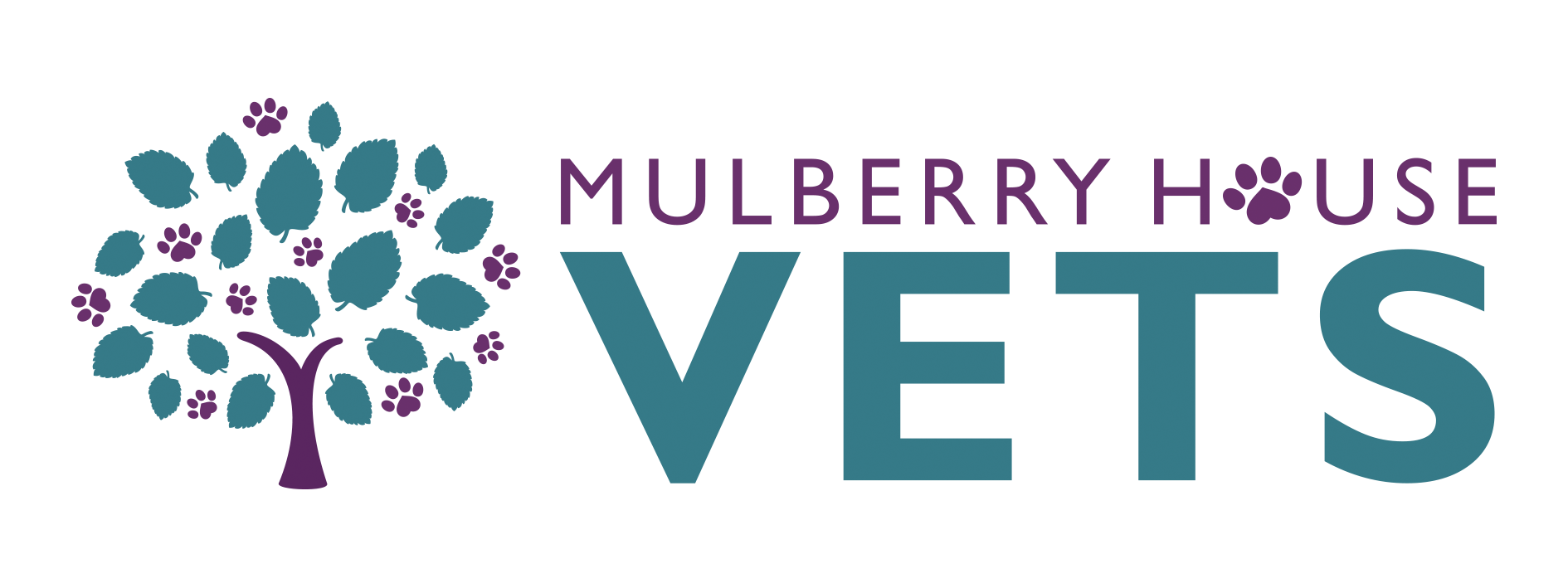Neutering
Please click on the links to find out more information about Chemical Castration and Keyhole Spay
What is neutering?
Neutering is a permanent operation to remove the reproductive organs (testicles or ovaries) from a dog and is performed under a general anaesthetic. ‘Castration’ is a term for neutering male dogs, and ‘spaying’ is a term for neutering female dogs.
Why should you neuter?
As well as preventing unwanted litters of puppies, neutering can provide a range of health and behavioural benefits for dogs. It will reduce the risk of uterine, ovarian and mammary disease in females and prostate and testicular disease in males.
Unwanted behaviours like excessive scent marking, mounting and attracting aggressive attention from other dogs can also be reduced by neutering which will lower the levels of sex hormones a dog produces.
When should you neuter?
Recent studies have provided good evidence to show the health benefits of dogs reaching skeletal maturity before they are neutered. This age varies depending size of dog and specific breed:
- Toy breed dogs 6-9 months (adult weight up to 5kg)
- Small breed dogs 9-12 months (adult weight up to 15kg)
- Large breed dogs 12-18 months (adult weight 15-35kg)
- Giant breed dogs 24 months (adult weight >35kg)
Each dog is an individual so please give us a call if you wanted to neuter your dog sooner than this as there are other factors which we may need to take into account (eg behaviour, family environment)
Female dogs should be spayed either before their first season for tiny/small dogs (<15kg), or 4 months after the end of their first season. The reason why we do this is to minimise the chances of false pregnancy and the risk of bleeding during surgery as the vessels surrounding the ovaries are less engorged due to the lower levels of hormones.
We recommend keyhole spay for all female dogs over 10kg. See our keyhole spay page for more information.
When should you not neuter?
There is little evidence to suggest that neutering can affect a dog’s personality, however in some instances it may affect some dogs negatively, in most instances males. If your dog is particularly nervous or fearful, they may be using their testosterone for confidence in certain situations. By removing the production of testosterone at castration, these dogs may become more fearful.
In these situations, we would recommend trying the Chemical castration implant (Suprelorin) to see how your dog would react as if he were surgically castrated. If his behaviour declines, we can think about other options.
There are also a number of breed specific reasons which can affect the timing of neutering, so if you have any questions, please speak to one of the team.
How will the day work?
Your dog will be admitted by a nurse in the morning of the operation and will stay for the day until they are fully recovered afterwards. The procedure requires a general anaesthetic and female dogs will have an incision on the abdomen (or two small incisions if keyhole) to remove the ovaries and/or uterus. Male dogs will have a small incision at the base of the penis so that each testicle can be removed. Dissolvable stitches will be used which will not need to be removed. We will keep a close eye on your pet during recovery and they will go home a few hours after their surgery.
Recovery times
Recovery and rest at home is one of the most important parts of the surgery as this is where your dog will do all of their healing! They may be a little sleepy when they get home but 24-48 hours later they should be back to normal. They will need strict rest for the first 3 days (which involves toilet walks only on the lead) and will have a post-op check after this to ensure everything is healing nicely. They will also need some way of protecting the wound such as a buster collar or medical pet shirt, we will discuss this with you at your admit appointment. We will repeat another post op check on day 10 if all is well and hopefully your dog can go back to normal after that!
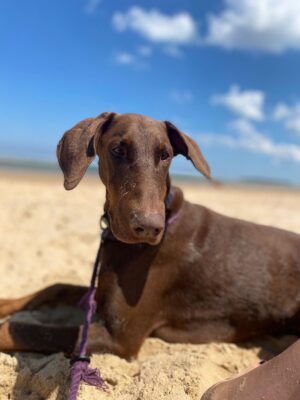
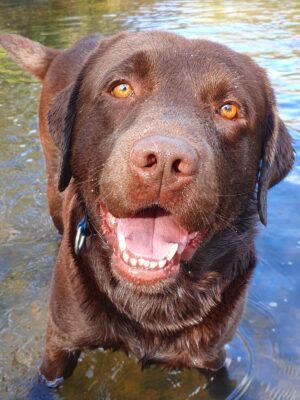
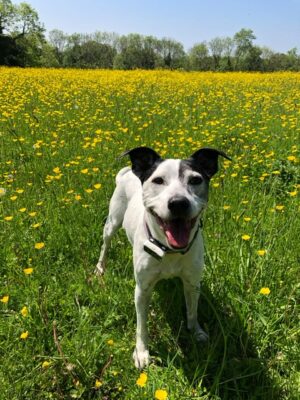
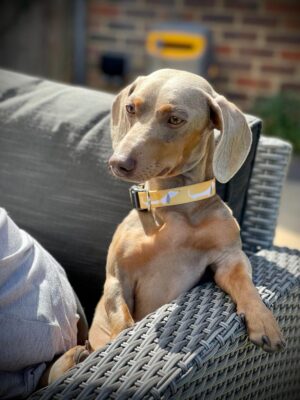
Find Us
Opening Hours
- Monday - Friday8:30 - 18:30
- SaturdayClosed
- SundayClosed
- Bank HolidaysClosed
Opening Hours
- Monday - Friday8:30 - 18:30
- Saturday8:30 - 14:00
- SundayClosed
- Bank HolidaysClosed
Emergencies
If you have any concerns about your pet's health while we are closed, please call our our of hours emergency providers, Medivet 24 Hour Wokingham on:
01189 790 551
Book an
appointment
We know how busy life can be. Online appointment booking available 24/7.
Book appointmentEmergencies
If you have any concerns about your pet's health while we are closed, please call our our of hours emergency providers, MiNightVet on:
0118 973 3466

